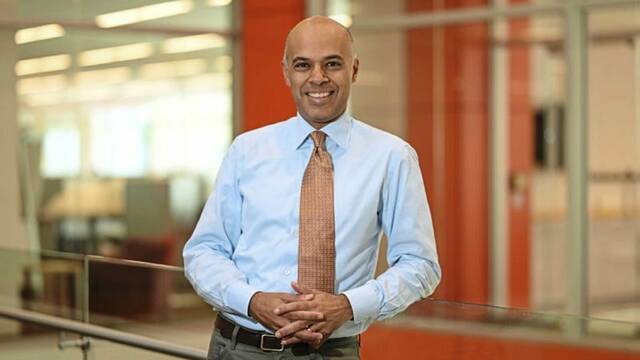You may think you’re proficient in another language, but are you really?
People are using their phones more and more to learn new languages. I see folks glued to their devices, answering multiple-choice questions on their commute, in the office or at coffee shops — all to keep their streaks alive. These apps have made new languages more accessible than ever. Whether it’s embarking on a challenge, preparing for travel, or communicating with friends or family, we are learning how to connect with other cultures just as easily as picking up our phones. Language learning app revenue is up nearly 32% year over year, and nearly 5% of all language learning already happens on our phones.
But are people actually learning new languages or simply appeasing a nagging cartoon owl? For immigrants, students and professionals, becoming proficient in a new language isn’t just a hobby — it’s their livelihood. I worry about students who believe they’ve learned another language because they’ve conquered an app, only to discover that being able to order lunch in a foreign restaurant isn’t the same as being able to defend a hypothesis in a classroom.
Learning a new language is one of the most valuable skills one can learn. We owe it to the next generation to help them measure and evaluate their progress the right way. Because when the bar for evaluating proficiency is too low, students are set up to fail. We’re already seeing examples of this in UK university admissions — students who chose to submit their Duolingo English test scores as proof of English proficiency were performing worse than their peers.
Language education cannot become a race to the bottom. The goal shouldn’t be to make sure everyone can order a beer in multiple languages. We need to make sure people have effectively learned the language of the classroom and the office so they can succeed in global settings.
Think about all the factors that go into learning a language like English. Sure, some folks might start with an app to learn the basics, but from there, immersion is essential. Truly embedding yourself in the language — from listening to music and reading books to having conversations with real people — is what it takes for learners to become fluent.
When it comes to measuring that level of proficiency, there should be a certain level of rigor involved.
There’s a reason why universities and employers around the world have relied on research-based assessments such as TOEFL (for study/immigration) and TOEIC (for work) as a measure of English proficiency. It’s an important part of the journey for people to enroll in a university, get new jobs and create their future. These assessments are how institutions and employers can determine whether someone knows the language enough to succeed. While other English-language assessments may be less expensive or easier to pass, do we really want to lower the bar for something as fundamental as the English language?
That’s why institutions must set and maintain high standards for the language proficiency tests and tools they accept that will give students and professionals a proper evaluation of where their skills stand today and how to achieve tomorrow’s success. By setting higher standards for college admission and workplace readiness, we can weed out the tests that are failing to help students and professionals flourish.
Becoming proficient in another language isn’t easy. But with the right assessment tools, people can understand their strengths and weaknesses, know instantly where they stand compared to their peers and identify areas of improvement.
As the global language learning industry continues to explode, I hope it democratizes language learning for everyone, especially considering the positive impacts multi- lingual people have on society. They are often seen as more empathetic toward others, less likely to be swayed by misleading biases and better communicators.
As we have all experienced, there are no shortcuts to learning. There are no quick fixes to understanding a new language or a new culture. When it comes to serious life milestones like going to college or working in a new country, taking the easy way out isn’t the solution. We have to stop playing games with our future.
Amit Sevak is president and CEO of ETS, a private educational assessment organization.








